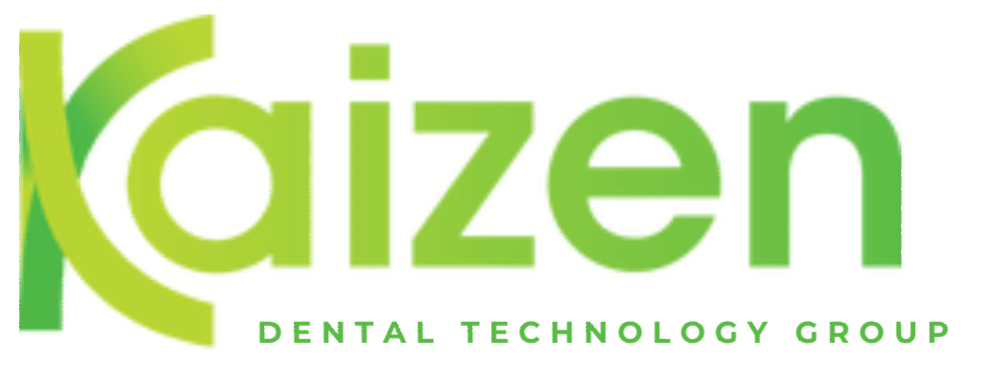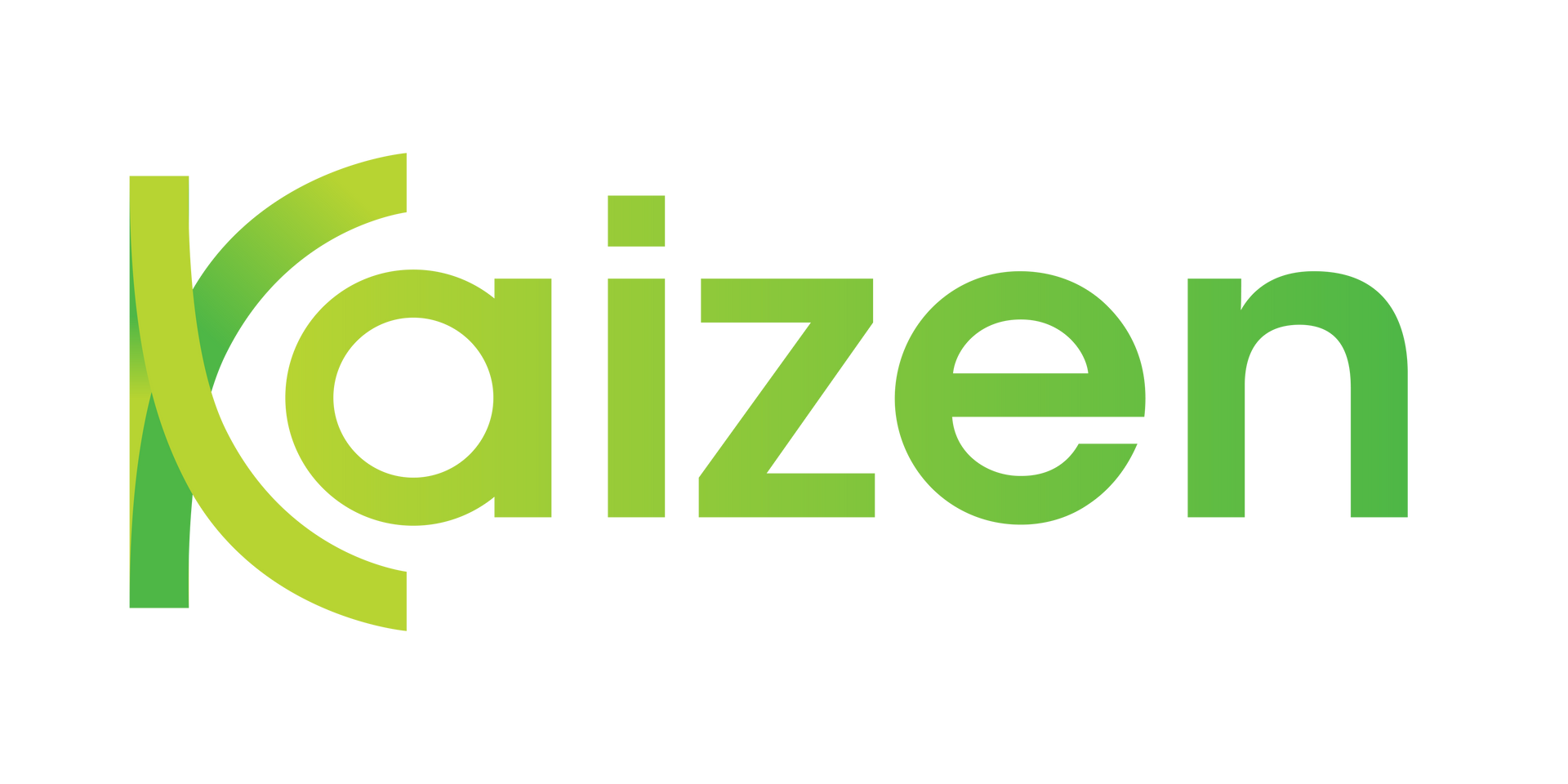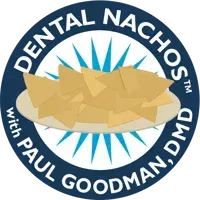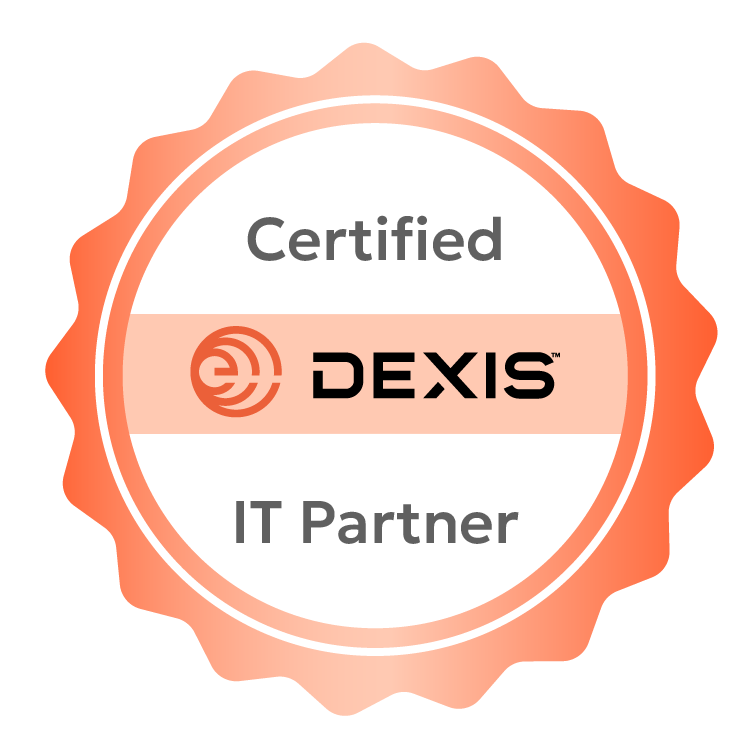HIPAA & OSHA Compliance
HIPAA & OSHA Compliance for Dental Practices
As a dental provider, it is crucial to understand and follow HIPAA & OSHA compliance in order to ensure the safety and privacy of your patients as well as the health and safety of your employees.
HIPAA Regulations for Dental Practices:
HIPAA, or the Health Insurance Portability and Accountability Act, was passed in 1996 to protect the privacy of patients' health information.
The regulations set forth by HIPAA require dental practices to take certain steps to ensure that protected health information (PHI) is kept private and secure. This includes:
- Designating a privacy officer who is responsible for ensuring that HIPAA regulations are being followed.
- Developing and implementing policies and procedures to protect PHI.
- Training employees on HIPAA regulations and the importance of protecting patient privacy.
- Obtaining written consent from patients before disclosing their PHI to any third party.
- Ensuring that electronic PHI (ePHI) is stored securely and that all devices containing ePHI are encrypted and password protected.
- Reporting any breaches of PHI to the Department of Health and Human Services.
Failure to comply with HIPAA regulations can result in significant penalties and fines, as well as damage to the reputation of your practice.
OSHA Regulations for Dental Practices:
OSHA, or the Occupational Safety and Health Administration, was established in 1970 to ensure safe and healthy working conditions for employees. OSHA regulations apply to all types of workplaces, including dental practices. Some of the key OSHA regulations that dental practices should be aware of include:
- Bloodborne Pathogens Standard: This standard requires employers to protect employees from exposure to blood and other potentially infectious materials. This is particularly important in a dental practice where employees may be exposed to blood or other bodily fluids during procedures.
- Hazard Communication Standard: This standard requires employers to inform employees of the hazardous chemicals they may be exposed to in the workplace and to provide training on how to handle these chemicals safely. This is particularly important in a dental practice where employees may be exposed to chemicals in cleaning and disinfecting products.
- Personal Protective Equipment Standard: This standard requires employers to provide employees with the appropriate personal protective equipment (PPE) to protect against workplace hazards. In a dental practice, this may include gloves, masks, and eye protection.
Non-compliance with OSHA regulations can result in penalties and fines, as well as potential harm to employees.
Steps for Compliance:
To ensure compliance with HIPAA and OSHA regulations, dental practices should take the following steps:
- Designate a privacy officer to oversee HIPAA compliance and an OSHA coordinator to oversee OSHA compliance.
- Develop and implement policies and procedures to protect PHI and ensure employee safety.
- Provide regular training for employees on HIPAA and OSHA regulations.
- Conduct regular risk assessments to identify any areas of vulnerability.
- Keep accurate records of all training and compliance activities.
- Stay up-to-date with any changes to HIPAA and OSHA regulations.
At Kaizen Dental Technology, we have partnered with Abyde to provide an easy, streamlined experience for HIPAA & OSHA compliance.
Click below to learn more!
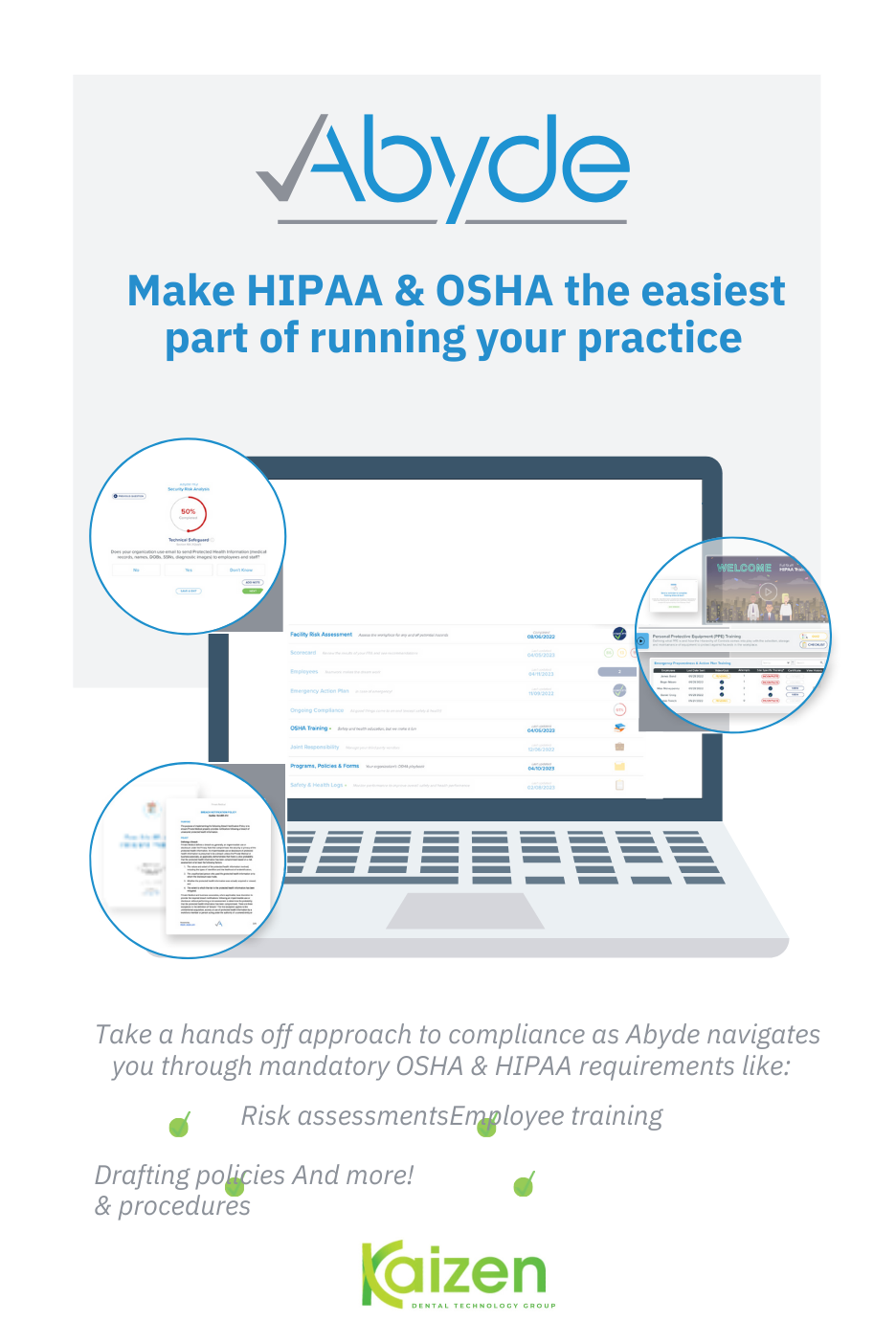
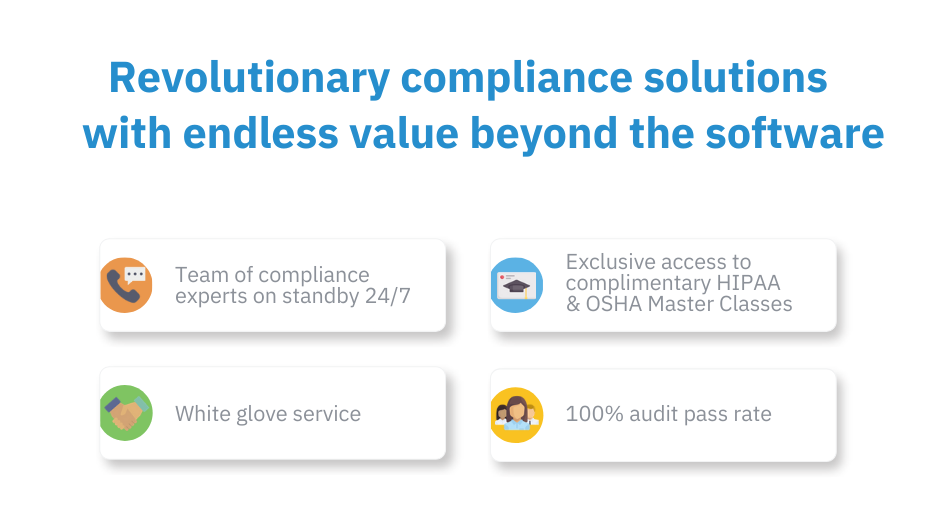
FREE RESOURCES AVAILABLE!
